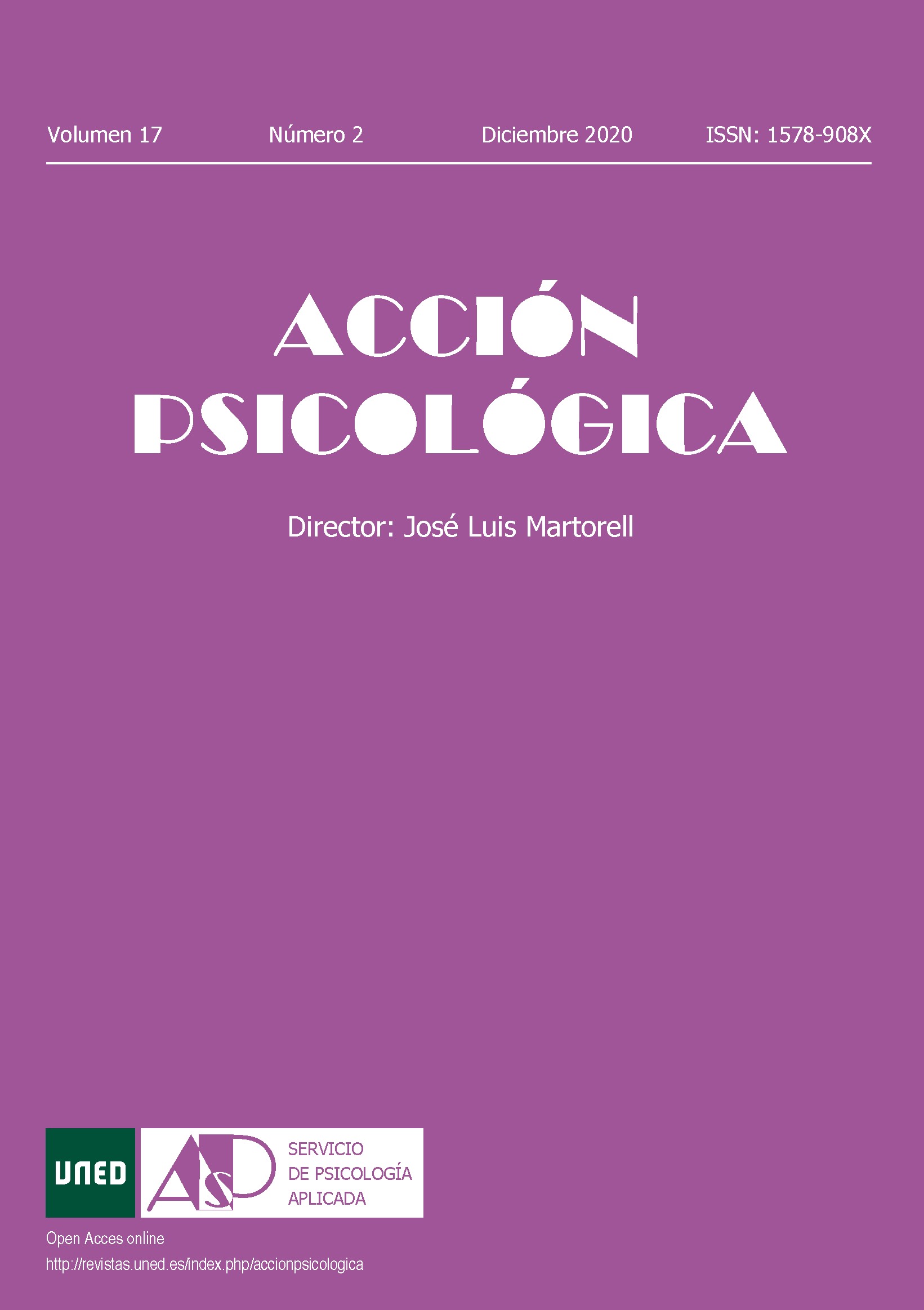Pacientes coronarios hablando de riesgos nutricionales: etiquetado NutriScore y máquinas de «vending»
DOI:
https://doi.org/10.5944/ap.17.2.30655Palabras clave:
Enfermedad coronaria, Alimentación saludable, Etiquetado nutricional.Resumen
Este estudio analiza los discursos de una muestra de pacientes coronarios (N = 12) que asisten a un programa de rehabilitación cardíaca. A través de dos grupos focales cómo técnica de investigación se realiza un estudio de metodología cualitativa. Este trabajo tenía dos objetivos principales: en primer lugar, conocer cuánta información manejaban los participantes acerca del nuevo etiquetado nutricional y las claves que perseguía la ley 17/ 2011, de 5 de julio, de seguridad alimentaria. En segundo lugar, valorar la adherencia a las charlas educativas del programa de rehabilitación cardiaca, conocer su opinión acerca del contenido de las máquinas de "vending" de los hospitales y plasmar sus consejos y/o sugerencias a la hora de poder mejorar la calidad de la atención recibida. Los resultados muestran la importancia de seguir reforzando la educación para que los pacientes puedan optar por una conducta más adaptativa en cuanto a la adopción de una dieta cardiosaludable y asuman un papel más activo en su recuperación.
Descargas
Citas
Agüero, F., Dégano, I. R., Subirana, I., Grau, M., Zamora, A., Sala, J., Ramos, R., Treserras, R., Marrugat, J. y Elosua, R. (2013). Impact of a partial smoke-free legislation on myocardial infarction incidence, mortality and case-fatality in a population-based registry: The REGICOR Study. Plos One, 8(1): e53722. https://doi.org/10.1371/journal.pone.0053722
Babio, N., López, L. y Salas-Salvado, J. (2013). Análisis de la capacidad de elección de alimentos saludables por parte de los consumidores en referencia a dos modelos de etiquetado nutricional: Estudio cruzado. Nutrición Hospitalaria, 28(1), 173–181. https://doi.org/10.3305/nh.2013.28.1.6254
Banegas, J. R., Graciani, A., de la Cruz-Troca, J. J., León-Muñoz, L. M., Guallar-Castillón, P., Coca, A., Ruilope, L. M. y Rodríguez-Artalejo, F. (2012). Achievement of cardiometabolic goals in aware hypertensive patients in Spain. Hypertension, 60(4), 898–905. https://doi.org/10.1161/Hypertension AHA.112.193078
Berkman, B., Millar, S., Holmes, W. y Bonander, E. (1991). Predicting elderly cardiac patients at risk for readmission. Social Work in Health Care, 16(1), 21–38. https://doi.org/10.1300/j010v16n01_03
Bossio, M. y Justel, N. (2018). Impact of an active life-style on emotional memory. Acción Psicológica, 15(1), 39–56. https://doi.org/10.5944/ap.15.1.21446
Casaverde Pineda, M., Escate Quijandría, M. y Guerrero Leon, P. (2018). Calidad de vida en pacientes post infarto agudo de miocardio que asisten al Programa de Rehabilitación Cardíaca en un Instituto Nacional 2017 [Trabajo académico para optar el título de Especialista en Enfermería en Cuidado Cardiovascular, Universidad Peruana Cayetano Heredia]. Repositorio de la Universidad Peruana Cayetano Heredia. https://repositorio.upch.edu.pe/bitstream/handle/20.500.12866/3762/Calidad_CasaverdePineda_Miriam.pdf
Descargas
Publicado
Cómo citar
Número
Sección
Licencia
Derechos de autor 2020 Facultad de Psicología. Servicio de Psicología Aplicada.

Esta obra está bajo una licencia internacional Creative Commons Atribución-NoComercial 4.0.
La revista Acción Psicológica se publica bajo licencia Creative Commons Reconocimiento – NoComercial (CC BY-NC). Las opiniones y contenidos de los artículos publicados en Acción Psicológica son de responsabilidad exclusiva de los autores y no comprometen la opinión y política científica de la revista. También serán responsables de proporcionar copias de los datos en bruto, puntuaciones, y, en general, material experimental relevante a los lectores interesados.
Copyright Note
Acción Psicológica is published under Creative Commons Attribution-Non Commercial (CC BY-NC). The opinions and contents of the articles published in Acción Psicológica are responsibility of the authors and do not compromise the scientific and political opinion of the journal. Authors are also responsible for providing copies of the raw data, ratings, and, in general, relevant experimental material to interested readers.












